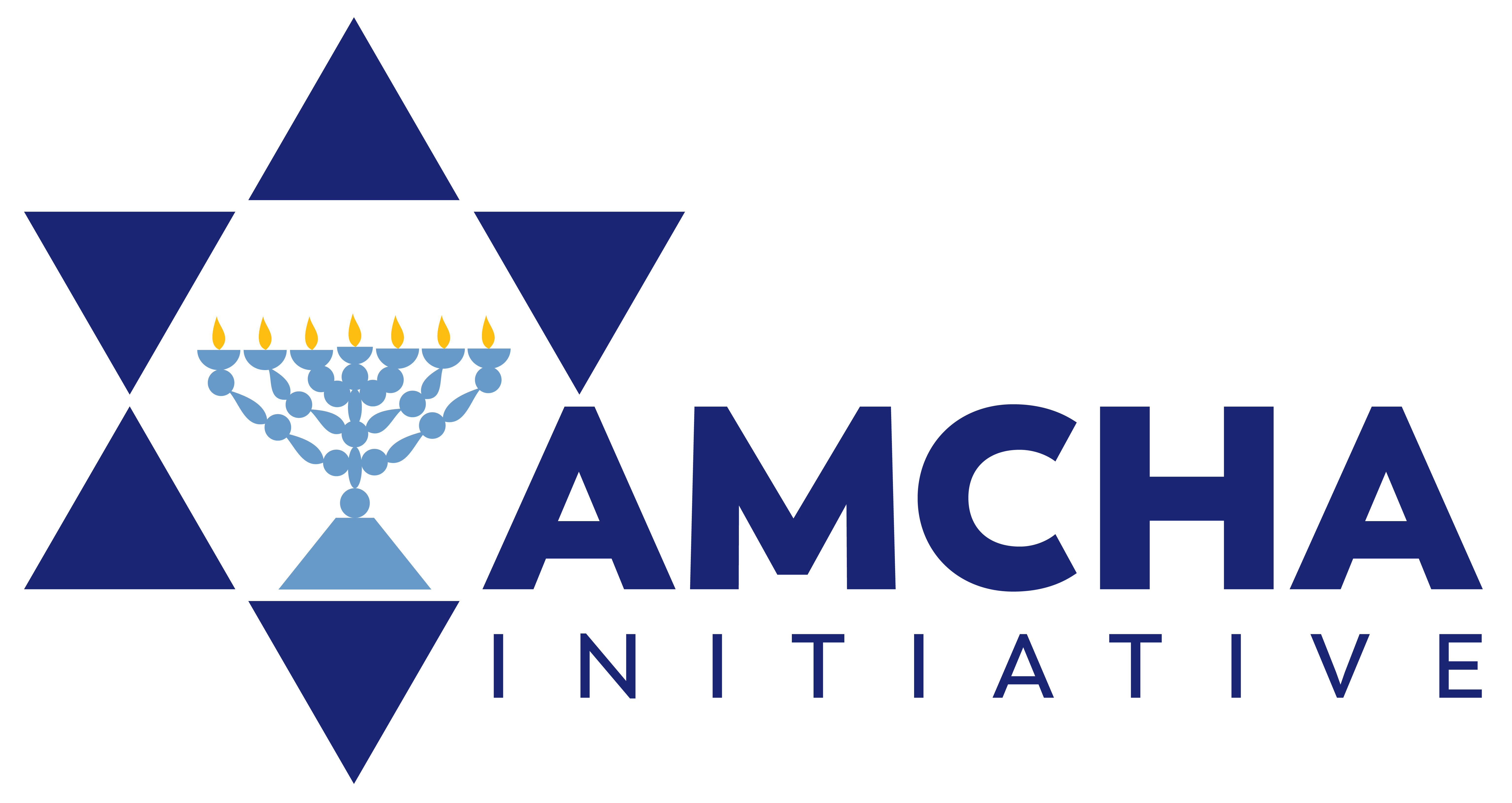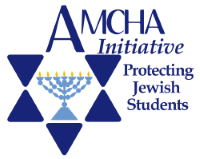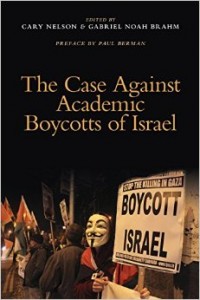[ezcol_1fifth]
.[/ezcol_1fifth]
[ezcol_3fifth]
New Book, “The Case Against Academic Boycotts of Israel” Released This Week
Includes chapter by AMCHA Initiative co-founder detailing new research profiling the faculty boycotters and how they infiltrate the campus
AMCHA Initiative recommends a new book, “The Case Against Academic Boycotts of Israel,” released this week, which includes essays from more than 25 international scholars who take a hard look at the impact of the academic Boycott, Divestment and Sanctions (BDS) movement. It tackles tough issues that many have found impossible to confront until now, including the role of antisemitism in calls for the abolition of the Jewish state. According to Amazon, “This book for the first time provides the historical background necessary for informed evaluation of one of the most controversial issues of our day…”
AMCHA Initiative cofounder Tammi Rossman-Benjamin’s chapter, “Interrogating the Academic Boycotters of Israel on American Campuses,” takes a critical look at the individual faculty who support and promote the academic boycott, what ideologies motivate the boycotters, how they have used their university positions to promote the boycott and stifle criticism and which university conditions allow for, and often encourage, this behavior.
A review of the new book in Fathom Journal had this to say about Rossman-Benjamin’s chapter:
- To my knowledge at least, Tammi Rossman-Benjamin offers the first concrete numerical evidence for a phenomenon that I have observed for years, wondered about repeatedly, but have never quite seen so starkly exposed: that the vast percentage of the faculty boycotters on American campuses – 86 per cent! – belong to the humanities (49 per cent) and the social sciences (37 per cent), with only 7 per cent per cent affiliated with departments in engineering and the natural sciences. Of the 938 boycotters whom Rossman-Benjamin’s meticulous research has unearthed, 192 (21 per cent) are in English or literature departments; 96 (10 per cent) in ethnic studies; 68 (7 per cent) in history; 65 (7 per cent) in gender studies; 53 (6 per cent) in anthropology; 44 (5 per cent) in sociology; 39 (4 per cent) in linguistics and languages; 33 (3 per cent) in American studies; and 32 (3 per cent) in Middle or Near East studies.Why would a professor in an English department at an American university be so much more likely to support BDS than their counterpart in – say – sociology, or even Middle East studies, never mind their colleague in economics, the natural sciences or any of the professional schools be they business, law or medicine? In search for an answer to this question, Rossman-Benjamin examined…
Rossman-Benjamin’s research further found seven primary ways that faculty promote the boycott of Israel on campus: 1) incorporating pro-boycott material into course curricula; 2) hosting academic conferences about boycotting Israel; 3) advocating for the boycott on official university websites; 4) using departmental resources to sponsor student BDS events; 5) advising pro-Palestinian students to engage in boycott activity; 6) infiltrating the academic senate to promote the boycott among academic colleagues and to ensure that boycotting faculty are protected from criticism; and 7) creating faculty advocacy groups under the guise of defending academic freedom but whose true mission is to promote the boycott. Rossman-Benjamin also cited three university conditions that open the door to this behavior and called for public pressure from students, parents, alumni and donors as the most effective method to prevent professors from abusing their access to vulnerable students and university resources to promote personal propaganda.
Some excerpts from the chapter:
- Predominantly hailing from the humanities and social sciences, many of the academic boycotters are involved with the study of Race, Gender, Class or Empire, and seem to be motivated by ideologies which divide the world into oppressed and oppressor and are linked to social movements which pursue social justice for the oppressed by combating the perceived oppressor, in this case Israel. One possibility is that all four areas represent ideological paradigms…making it a short ideological leap to seeing the Palestinian-Israeli conflict in the same binary terms.
- Academic boycotters have found multiple points of entry for advancing the boycott of Israel on their campuses, including in the classroom, conference hall, and campus square, on the university website, and through the academic senate. Faculty boycotters have also created advocacy groups to defend the right of faculty to continue using university resources to promote BDS. The boycotters’ efforts have been facilitated by the activist focus of some departments in the social sciences and humanities, the lack of clarity about (and misrepresentation of) academic freedom, and the unwillingness of administrators to enforce university policy and state and federal laws that would curb the behavior of the boycotters. The net result is that many universities are at risk of becoming bastions of political hatred directed against Israel, and inhospitable to Jewish students who identify with the Jewish state.
- The problem is not with these faculty taking such public positions, something they are entitled to do both as US citizens and as faculty members engaged in extramural expression of their political opinions. The problem arises when such political convictions become so fanatical that classroom instruction becomes coercive, students’ rights to express alternative views are compromised, or discussion becomes intimidation. That is a problem universities need to face with a level of courage and honesty little in evidence now.
You may purchase a copy of the book or download on Kindle here.
Please share the news with your family and friends.
Warm regards,
AMCHA Initiative
[/ezcol_3fifth]
[ezcol_1fifth_end].[/ezcol_1fifth_end]


